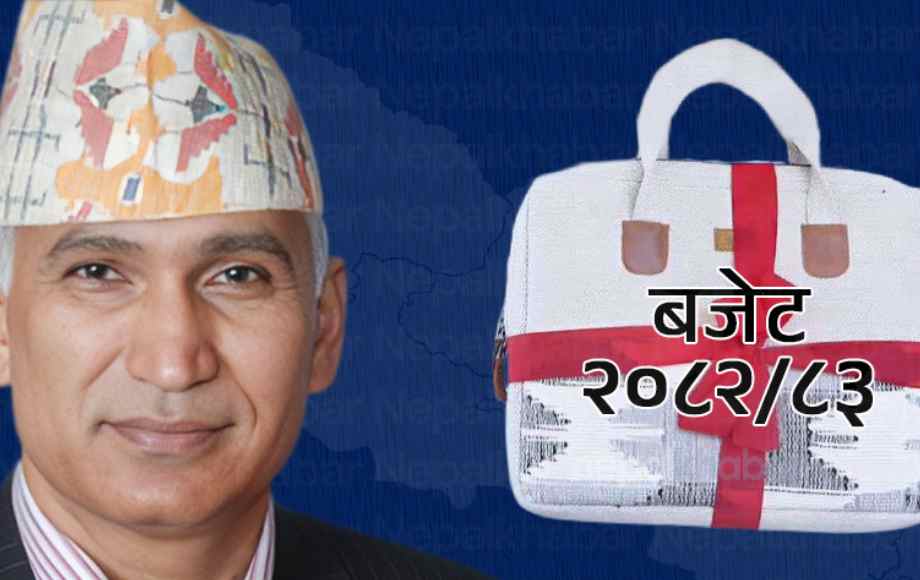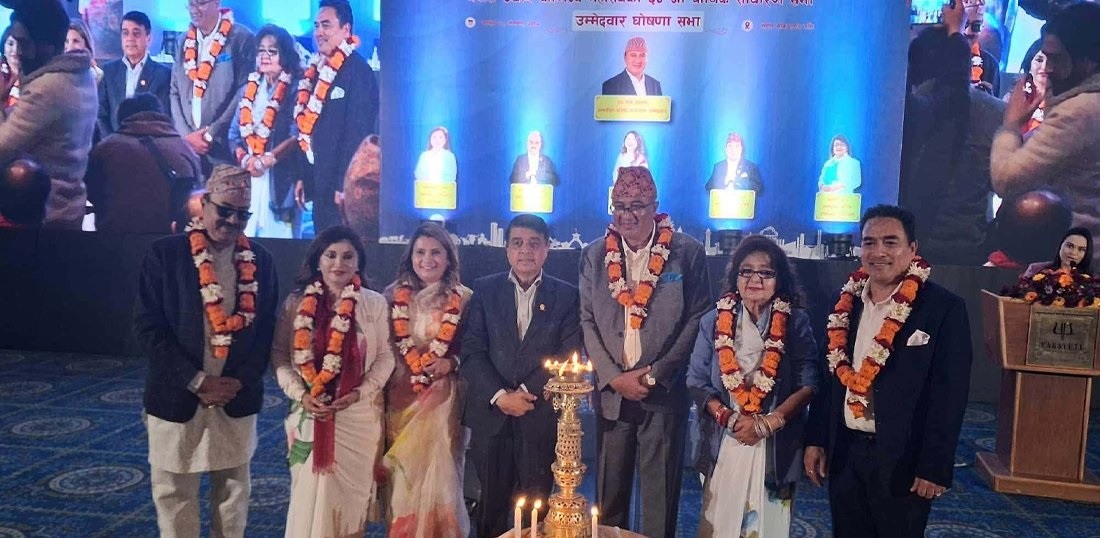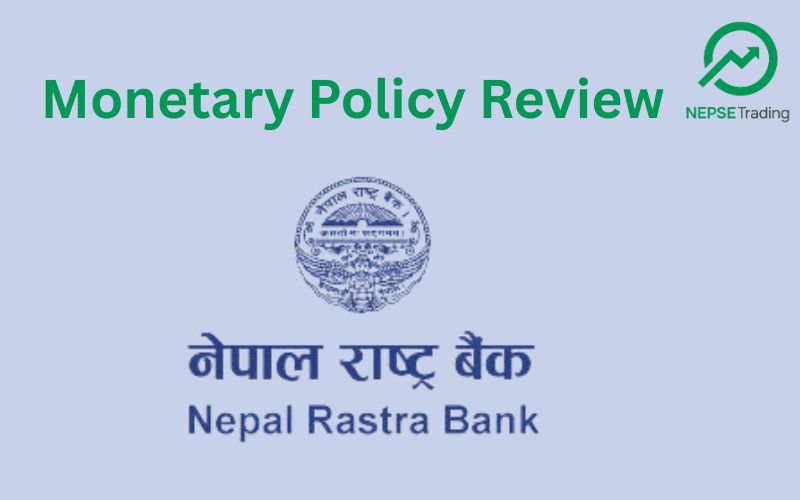By Dipesh Ghimire
Major Tax Changes in Nepal FY 2082/83 Budget

With the budget announcement by Minister Paudel, taxes on cigarettes and alcohol have been increased, tax exemptions granted to startups, facilitation measures introduced for women entrepreneurs, studies proposed on multi-rate tax structures, and updates made on non-tax revenues with time-relevant provisions.
According to the provisions made by Finance Minister Paudel, tax rates have been revised in 42 different points. These changes in tax rates aim to raise a total revenue of NPR 19 Kharba 64 Arba for the upcoming fiscal year. The tax-related announcements are as follows:
Timely Reforms in Tax Laws
The VAT, income tax, and excise duty laws will be reviewed to address international tax system changes and emerging business models.
Considering suggestions received for the implementation of multi-rate VAT, a study will be conducted on its relevance and practical application.
Subject-specific laws will be amended to make non-tax revenue rates timely and relevant.
Industrial Protection and Investment Promotion
IT-based industries and hotels/resorts will receive tax and electricity fee exemptions similar to special industries.
A 75% income tax exemption will be provided on income earned through export of IT services.
Those exporting IT services from Nepal to abroad will pay only 5% income tax, which will be considered final.
Startups with annual turnover up to NPR 10 crores will be exempted from income tax for 5 years.
Only 1% customs duty will be charged on importing machinery required for wood seasoning industries, and all other taxes will be waived.
For production of organic and natural fertilizers, all duties and fees on importing necessary machinery and equipment have been waived.
For the construction of football, cricket, and multi-purpose stadium infrastructure, only 1% customs duty will be levied on import of equipment and sports goods, with other duties waived.
All kinds of taxes and fees on machinery and equipment imported for green hydrogen production will be waived; such producers will receive income tax exemption for 6 years.
Batteries and related equipment for storing solar and wind energy will be charged only 1% customs duty; other taxes will be waived.
For industries that manufacture or assemble EV charging machines, only 1% customs duty will apply on necessary equipment, and they will get 5 years income tax exemption.
For private and public vehicles older than 20 years or non-functional, if income tax is paid for the last 2 years, the remaining tax will be waived.
To promote tunnel technology in road, irrigation, and hydropower projects, 1% customs duty will be applied on importing tunnel boring machines, and other duties will be waived.
Transport service providers paying freight to natural persons after deducting advance tax will now be allowed to deduct that cost while calculating taxable income.
Mandatory membership has been established for retirement funds approved by the Internal Revenue Department such as Employee Provident Fund, Citizen Investment Trust, Social Security Fund, or Pension Fund.
VAT and excise tax defaulters who submit due returns and pay taxes will receive waivers on interest, penalties, late fees, and surcharges.
International airline operators and their agents, if registered for VAT and pay their dues, will receive interest, fees, and penalty waivers.
Taxpayers who have not submitted income returns will be given an opportunity to resolve outstanding dues resulting from revised assessments.
To promote digital payments, VAT on settlement house services has been removed.
Advance income tax on customs points for food grains, legumes, fruits, and plant-based, animal-based, and dairy products has been removed.
VAT on hearing aids for hearing-impaired individuals has been waived.
Air or land travelers entering Nepal may bring up to USD 5,000 worth of foreign currency or traveler’s cheques without declaration; above that, declaration at customs will be required.
NPR 16 lakh price ceiling on tax-exempt ambulance import has been removed.
All taxes and duties on electric vehicles have been maintained to promote their use, reduce pollution, and increase domestic electricity consumption.
Expansion of Tax Base and Base Protection
Customs duties have been increased on import of liquor, beer, tobacco, and cigarettes. Some customs rates have been adjusted. Excise duty rates have been slightly increased. The scope of health risk tax has been expanded.
Integration with the central e-invoice monitoring system will be expanded to increase taxpayer participation in the e-invoice system.
Voluntary tax participation will be promoted through taxpayer education and legal compliance.
Digital service tax coverage has been expanded to bring all kinds of digital transactions under the tax net.
Tax exemptions, reliefs, and facilities will be revised to ensure rational tax expenditure.
Trade Facilitation and Service Delivery Improvements
For temporary imports of vehicles and equipment, once customs are paid at the border, no other entry fee, route permit, or charges can be imposed by federal, provincial, or local levels within Nepal.
The NPR 3 lakh bank guarantee requirement for obtaining an EXIM code has been removed.
The minimum tax provision for taxpayers with no taxable transactions has been removed.
Authorized business professionals will be selected and allowed fast-track facilities and onsite goods inspection services at business locations.
To ensure realistic customs valuation, an automated database based on international price trends will replace the reference valuation system.
Control of Revenue Leakage
A system will be developed to exchange trade-related data and information with neighboring countries to mitigate revenue leakage risks.
Intelligence-based investigation systems will be developed to control revenue leakage.
Information exchange and joint monitoring between revenue-related agencies will be strengthened.
Efficiency in Revenue Administration
Revenue administration will be made more specialized, skill-based, and efficient; services will become paperless, contactless, and faceless.
Integrated check-posts will be established and upgraded at major customs points to reduce business costs and facilitate trade.
Business process reengineering will be done in internal revenue systems to make procedures simpler and reduce tax compliance and collection costs.
The Internal Revenue Operation Strategy and the Customs Reform and Modernization Action Plan will be accelerated.
The National Single Window Information System will be expanded to facilitate foreign trade.









